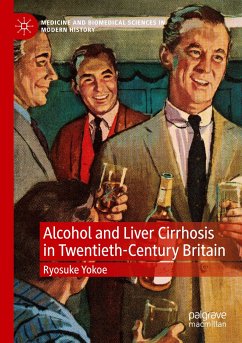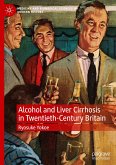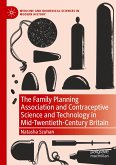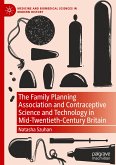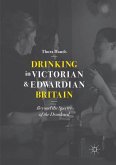The relationship between alcohol consumption and liver cirrhosis has long been contested by doctors and medical professionals, creating numerous implications for the public reputation of alcohol in Britain. Despite this, it was not until the 1970s that cirrhosis came to be understood as an 'alcoholic disease'. This book contextualises developments in this debate through the twentieth century by examining the significant influence that medical expertise had on policy responses to alcohol misuse, as well as the social reputation of alcohol consumption. It demonstrates how the degree to which drinking was seen to be responsible for liver disease directly shaped how different groups, such as the temperance movement and the drinks industry, exaggerated or downplayed the destructive properties of alcohol. Covering a series of themes including the science of disease causation, the social standing of medical expertise, and alcohol and public health policy, this book argues that in order toproperly understand the trajectory of debates around drinking we need to consider the twentieth-century 'alcohol problem' as primarily a medical issue. Contrary to the tendency by existing works to disassociate perceptions and responses to alcohol use from the objective knowledge of its effects on the body, this book shows that medical understandings of liver disease influenced how alcohol was conceptualised in relation to its harms. Offering a fresh perspective on the interaction between scientific knowledge and policy during the twentieth century, this book provides insights for those researching the social, political and cultural history of modern Britain, as well as historians of medicine and health.
"The book is well written, and the arguments are well supported and illustrated. ... the work will appeal to social scientists, particularly those interested in stakeholders as policy actors and those interested in how research evidence is received and used by different social groups. It is recommended as a valuable contribution to existing historical accounts." (Betsy Thom, The Social History of Alcohol and Drugs, Vol, 38 (2), 2024)

